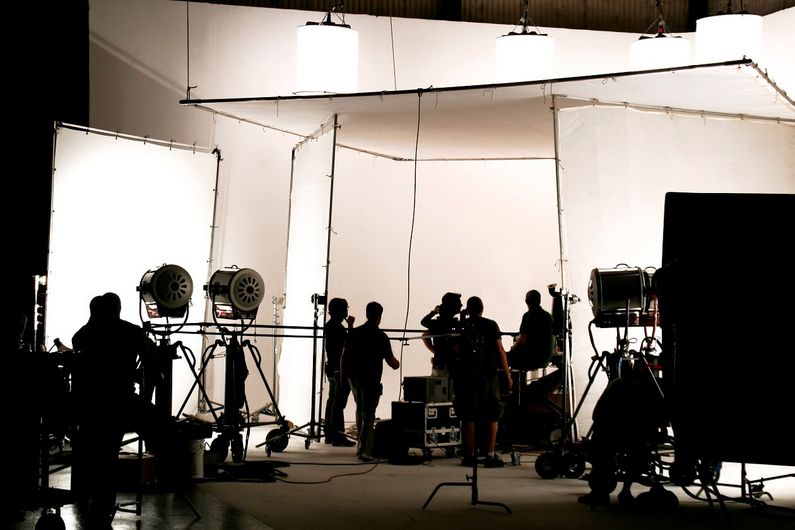Our film program gets new name
- UdeMNouvelles
02/13/2023
- Virginie Soffer
After a major overhaul, UdeM's bachelor's program in film is now the bachelor's program in film and media arts
Audiovisual media have undergone a massive transformation, and in response, Université de Montréal has reworked its bachelor's program in film. The redesigned program, to be offered by the Department of Art History and Film Studies starting this fall, will be known as the bachelor's program in film and media arts
A more flexible structure
The cinematographic experience is no longer restricted to movie theatres, while there is also a growing fascination with documentaries and new media practices. The bachelor’s program in cinema and media arts offers a more flexible structure to reflect this new reality. Consequently, three separate courses (on making documentaries, experimental work and storytelling) will be added to the practical component, whereas the old program only offered one.
A variety of electives will allow students to specialize in sound design or screenwriting, and will allow students to take classes in other disciplines such as the humanities and IT (for students who want to create on digital platforms).
Meanwhile, theoretical training will cover audiovisual media and images in all their complexity. An art history course introducing students to visual cultures will become mandatory under the new program, along with a new course on cultural and critical studies in film that offers a critical interdisciplinary perspective on the power dynamics between forms of cinema, knowledge and theories from dominant and marginalized cultures, as well as analytical frameworks and concepts drawn from feminist, decolonial, postcolonial and cultural studies.
More creative projects
In addition to courses, the new structure includes workshops and offers additional creative projects for everyone.
“We were giving a lot of workshops without integrating them into the curriculum itself," said Dominic Arsenault, a professor specializing in videogames and interactive storytelling.
"That gave the impression that students only had a few practical courses, while in reality they received training from professionals in special effects, cinematography, editing and sound mixing. The new structure makes it all official.
“From now on, the program will allow all students to strike a balance between practice and theory. The proportions will vary based on their interests, regardless of whether they're into feature films, documentaries, series, digital arts or virtual reality.”
Six years in the making
The redesign took six years, since it's “a practical program with courses that require film equipment, film studios and practical training specialists to support projects,” added Sébastien Lévesque, a curriculum advisor at the Department of Art History and Film Studies.
This lengthy project involved professors, lecturers, student associations and the practical training team to develop a program that better suits the needs of today's film students.












